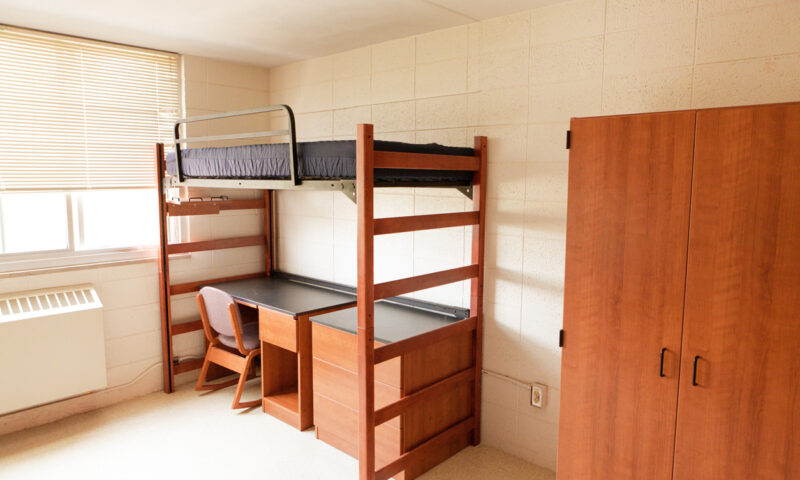
How to Support Your Association’s Future
At the Association of College and University Housing Officers–International, it meant identifying key imperatives, and marshaling limited resources to address them.
Association leaders are often charged to think about the future of the industry they serve. But what does that actually look like?
That’s a question that the Association of College and University Housing Officers–International has been explicitly thinking about in recent years. ACUHO-I COO Holly Stapleton says that the pandemic prompted the association to begin looking at them more seriously. COVID-19 revealed lingering challenges around infrastructure, mental health, workforce development, and more. “They were not necessarily new issues—they were issues that were percolating for a long time,” she says. “But the pandemic really exacerbated them, and gave us an opportunity to jump into them in a different way.”
Starting in 2021, ACUHO-I launched a task force called the Future of the Profession that was designed to identify key imperatives where the association should focus its energies in the coming years. It was led by high-level senior leaders in the field who had attended an annual “state of the profession” event, as well as volunteer leaders such as past presidents who would be invested in the work.
Eight identified imperatives now help the association’s board discuss its strategy.
Ultimately, the task force identified eight imperatives, from workforce sustainability to the higher-education business model to facility design and maintenance and more. But though each of the imperatives are equally important, Stapleton notes, the approach to each one has been different, as has the necessary deliverables.
“‘Communicating the Value of Campus Housing’ was one of the imperatives that was important to us, but that’s more about aggregating things than creating things,” she says. “‘Supporting the Mental Health of Community Members’—that’s something we continue to work on.”
ACUHO-I CEO Mary M. DeNiro also emphasizes the importance of managing each imperative at its required pace: “There are some areas where we’re really far ahead, and other areas where we have work to do. Not all eight swim lanes are progressing at the exact same level.” But all eight are given equal weight—they are the guiding principles that now help the association’s board discuss its strategy, and they also help to shape the association’s content. For the association’s annual conference, Stapleton says, “our call for programs is built around the eight imperative areas. When folks submit a program, they select one of the eight and say, ‘this is where that falls in terms of knowledge.’ It’s an intentional way of making sure we continue that conversation.”
The initiative also has the knock-on benefit of strengthening relationships with industry partners. For instance, the “facility design and maintenance” imperative is co-led by a representative from a design firm who collaborates with a campus professional. “That helps us understand the issue in a different type of way, maybe from a different perspective, and hear solutions that they found in the way that they’re advising campus stakeholders,” Stapleton says.
It’s a lot of effort, and complicated because it operates asynchronously. But DeNiro says it’s been invaluable for giving ACUHO-I an opportunity to better lead its members. Its chief challenge has been resources, and she advises leaders contemplating a similar project to consider how to balance staff, volunteers, and sponsors during the project. But don’t wait, she says.
“You will never have enough resources to start this, and so don’t wait until you have the resources to do it,” she says. “But board members, past board members, committee chairs, past volunteers, all raised their hand and were really engaged in this. A lot of people who had been sort of dormant as a volunteer for a long time came back into the fold. We’re learning from those first couple of years, but we still have a long way to go.”






Comments